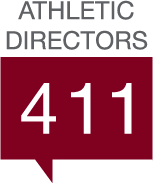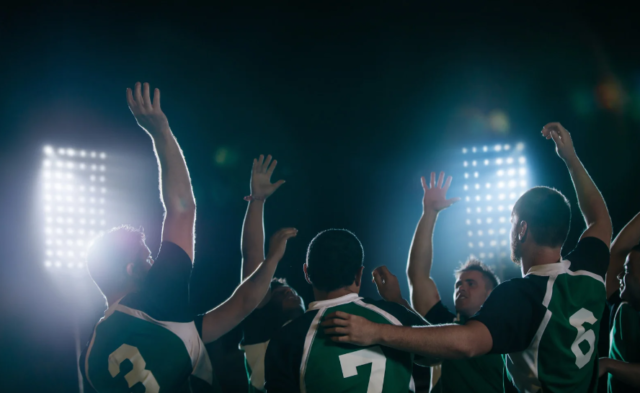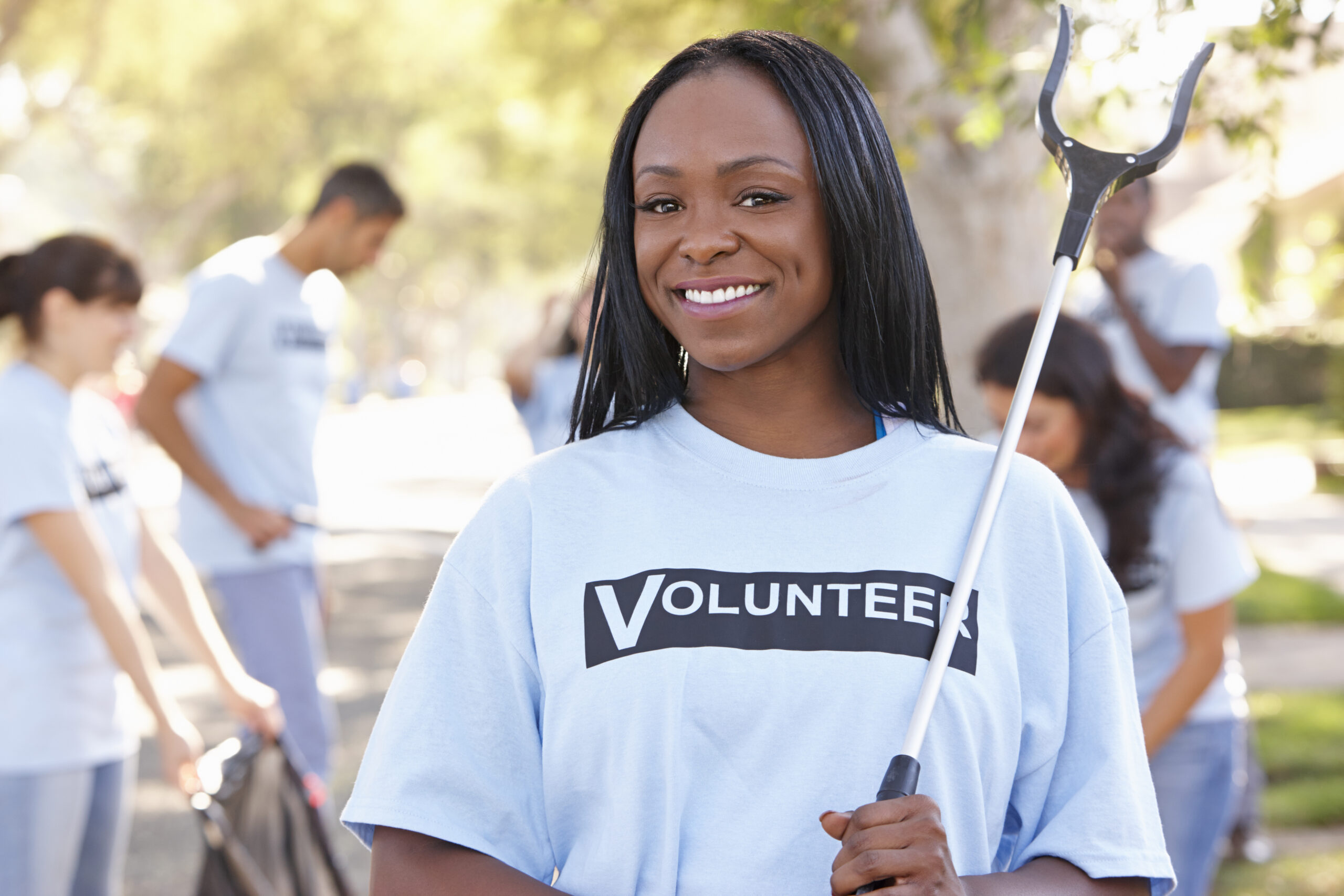As the new school year begins, college students are experiencing a new way of life, getting into new routines, and acclimating to new schedules and environments. Each and every student-athlete in your program is adjusting in some way to the new school year – for some, it is their first time away from home, for others, it is their first time on your campus, but for other students, it may be their first time in the United States.
From Nigeria to Russia, to Brazil, more than 25,000 international student-athletes participate in NCAA sports across all three divisions. While the number of international students decreased in 2020 due to the COVID-19 pandemic, U.S. higher education institutions reported a 68% increase in the number of new international students enrolling for the first time in the fall of 2021. With the number of international student-athletes continuing to rise after the pandemic, it is important to recognize the potential culture shock, stress and homesickness they may experience, and provide these students with extra care, support and resources to ensure their success on and off the court. As athletic directors, you have the power to significantly improve international student-athletes’ acclimation process.
International Student Adjustments
International student-athletes face significant challenges, including adjusting to a new culture, which involves navigating language barriers and different social norms, making it difficult to feel comfortable and confident in their unfamiliar environment. They must also adapt to an entirely new educational system with different expectations and teaching styles, all while balancing the rigorous demands of college athletics. Homesickness and isolation, often exacerbated by being far from home for the first time, can lead to feelings of loneliness that negatively impact both academic and athletic performance. Additionally, students of color from non-English speaking countries may deal with discrimination, and the feeling of “otherness”, or discomfort, which can make integration into the United States and university life even more challenging.
How Athletic Directors Can Help
As athletic directors, you have the power to significantly improve international student-athletes’ acclimation process. From simple changes, such as using inclusive language, to well-thought-out strategies, like creating a club for international student-athletes, there are many ways to support these players.
Pre-Arrival Support
The acclimation process can begin before the students set foot on campus. One of the most effective ways to ease the transition is by offering pre-arrival orientation sessions. These can include virtual meetings where students are introduced to coaches, teammates and academic advisors. These sessions can provide them with an overview of the campus, local community and important resources available to them.
Additionally, providing information packs full of details on the campus, surrounding area, cultural norms and important contacts within the athletic department can have the same effect. Ensuring that international student-athletes are as informed as possible before their arrival can help ease their anxiety.
Mentorship Programs
Paring international student-athletes with peer mentors – preferably upperclassmen or former international athletes – can help them navigate their new environment more effectively. From academic expectations to social integration, a peer mentor can help provide international students with a support system.
Assigning faculty or staff members to the students can further support these students by assisting with navigating the complexities of a new educational system.
Language and Cultural Support
Language barriers may pose a significant challenge for international student-athletes. Providing access to English as a Second Language (ESL) classes or tutoring services can be a game-changer. These resources help students improve their language skills, making it easier for them to succeed academically and socially.
Cultural workshops — where international students can learn more about cultural norms, holidays, foods, etc. — are an amazing way to help these students better understand their surroundings. Additionally, social events that encourage cultural exchange can foster connections, understanding and inclusivity within the athletic department.
Academic Assistance
Balancing athletics and academics is challenging for any student-athlete but balancing the two while adjusting to a new educational system and culture ups the difficulty substantially.
Providing access to academic support services and working with advisors to accommodate the unique needs of international students can help them balance their studies with their athletic commitments.
Mental Health and Well-being
Mental health and well-being are critical components of a successful transition for international student-athletes. Offering information about counseling services that specialize in helping international students manage homesickness, stress and other mental health concerns is necessary.
Creating support groups specifically for international athletes can provide a safe space for them to share their experiences and challenges. These groups can also help students realize they are not alone in their struggles, fostering a sense of community and belonging.
Take Advantage of All Resources Available
Extending support throughout campus—from university counselors, therapists, advisors and tutors – to even off campus is imperative for international student-athletes. Partnering with local cultural organizations or community groups can provide additional resources to international students, as well as help them navigate life off-campus and offer them a broader support network.
There is a range of people who can help the adjustment period for student-athletes go by more easily and quickly. Make sure that any student-athlete from out of the country has knowledge and access to all the tools, information and resources available to them. The number one issue foreign students cited in the United States was not knowing where to go for help.
International student-athletes face unique challenges, but with the right support from the athletic department and the university, these students can thrive both academically and athletically. Athletic directors play a key role in this process by implementing strategies that address the cultural, academic and emotional needs of their international recruits. By doing so, they not only help these students succeed but also contribute to a more diverse and inclusive athletic program.




